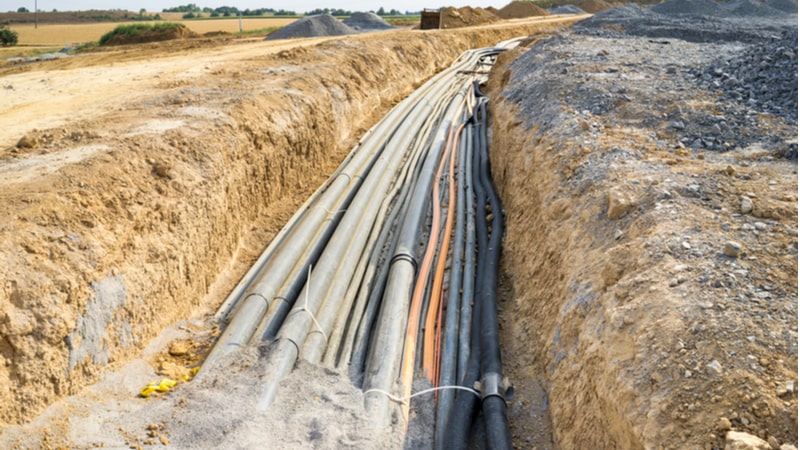
Witnesses at today’s House Agriculture Committee hearing agreed that involvement of the Federal government is a prerequisite to any successful expansion of broadband service access in rural areas of the United States.
At today’s hearing, industry experts laid out challenges the private sector faces when trying to expand rural broadband access – namely financial and logistical barriers – as well as how the Federal government can aid in the expansion effort.
Every witness agreed that broadband access is required if rural communities are going to be part of the 21st century economy. Over the last year, the pandemic has fixed a spotlight on the digital divide as healthcare, business, and learning have all moved to remote access.
Witnesses also supported a key contention of the Biden administration’s focus on broadband expansion in its latest infrastructure bill: that rural broadband qualifies as infrastructure in the traditional sense.
Jennifer Prather, vice president and general manager of Totelcom Communications, who also spoke on behalf of NTCA – The Rural Broadband Association, called broadband “essential rural infrastructure.”

Prather also addressed obstacles facing telecom companies as they work to expand rural broadband access. “Building broadband networks is capital-intensive and time-consuming,” she explained. “Building them in rural areas involves a special further set of obstacles.” Those include logistical obstacles of crossing “hundreds or thousands of miles” where the terrain is “diverse,” Prather said. She also said the costs of constructing a network in sparsely populated areas are “significant,” and that it’s difficult for companies to recover their costs incurred to build out the infrastructure.
In addition to initial build-out costs, multiple witnesses touched on the additional costs of upkeep and eventual innovation. While Johnny Park, CEO of Wabash Heartland Innovation Network, called broadband “infrastructure,” he said using that term can create unrealistic expectations about maintenance and innovation. “That word ‘infrastructure’ can lead to the misperception that telecommunications infrastructure should have the same kind of long and stable future as physical roads and bridges,” he said.
He said there is a “quite natural longing for solutions, if and when they come, to be ‘future proof’ and ‘built right the first time.’” However, Park said this wasn’t feasible for broadband because the “spectrum on which telecommunications depends is a fixed, limited resource. The only way to get more of it is to innovate technology to get more performance out of what is already there. This means standards have to change and replacement of infrastructure must follow.”
Tim Johnson, CEO of OEConnect and Ostego Electric Cooperative, addressed existing programs at the Federal Communications Commission (FCC).
He said the FCC needs to be “held accountable for valuable broadband funding by ensuring that winners of all [Rural Digital Opportunity Fund] funds are responsible bidders and capable of actually deploying a network at the speed and latency they promised to their awarded areas on time.” Additionally, Johnson praised the new Emergency Broadband Benefit Program at the FCC, saying it is “a very positive approach to the high-cost low-income services areas across the nation,” but said it needs to be made permanent.
He also urged Congress and the FCC to increase the Lifeline Benefit program through one of the FCC Universal Service Fund programs. He said the program “needs to be increased permanently and the funding for it needs to be revised to a level that moves the needle on affordability.”
Vickie Robinson, general manager of the Microsoft Global Airband Initiative, also addressed the roles that both the private and public sectors should play in building out rural service access. She said “Microsoft believes we can – and we must – do our par n the private sector to help extend broadband coverage. There is also an important role for the Federal government and Congress.”
To that end, Robinson asked the committee to consider a handful of issues, including the importance of ongoing, significant Federal funding, and a recognition that expanding broadband is not a “one size fits all” solution. She further urged Congress to embrace digital transformation to help communities embrace broadband, and to focus on improving digital skills to allow Americans to fully embrace the potential of broadband.
